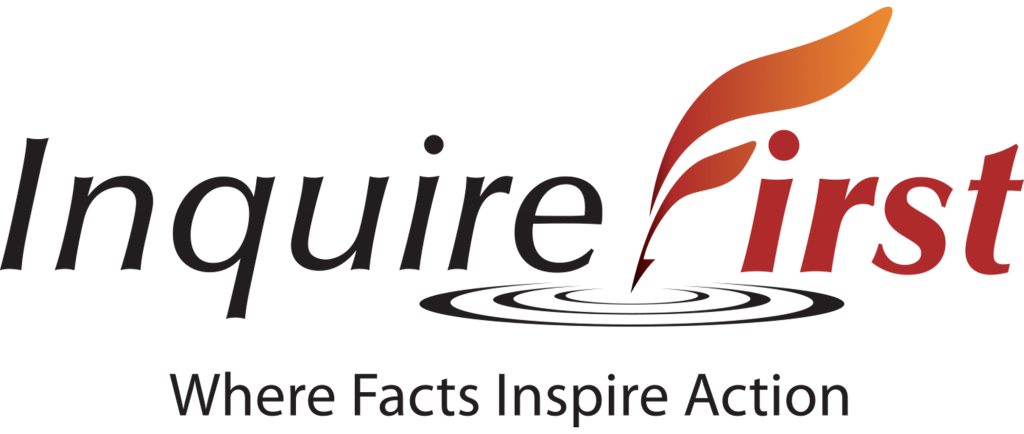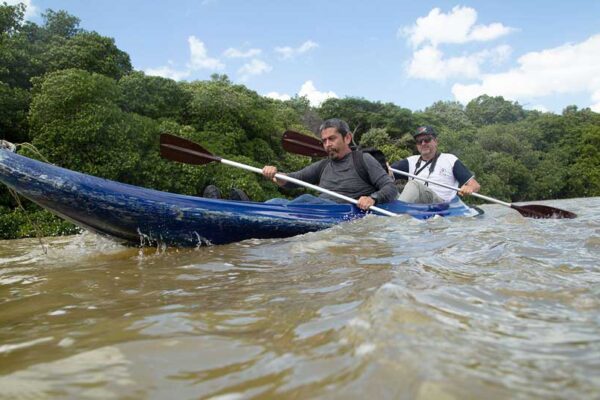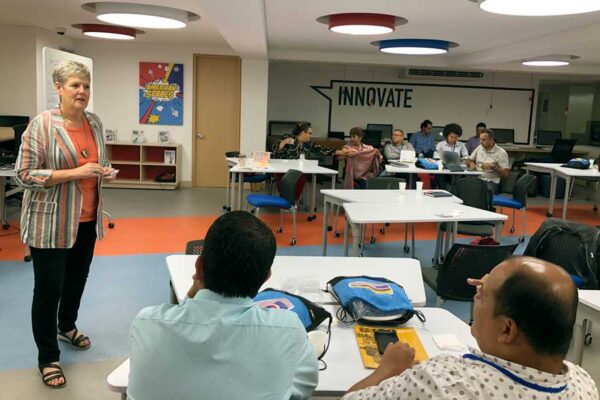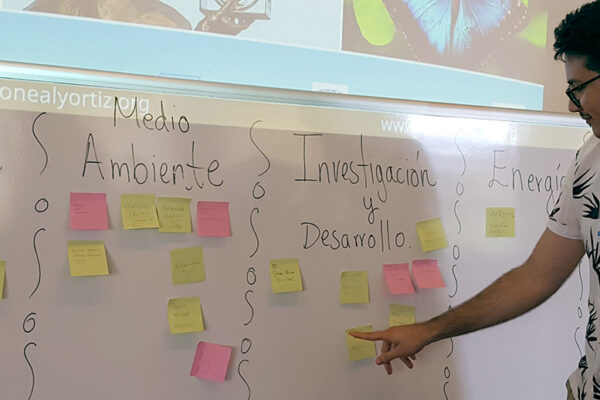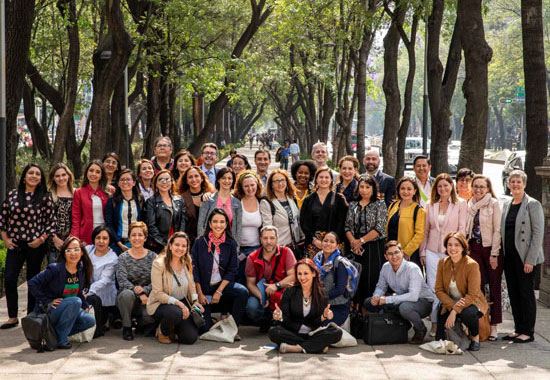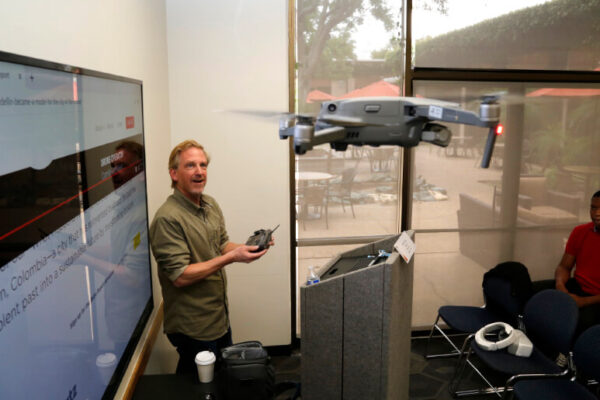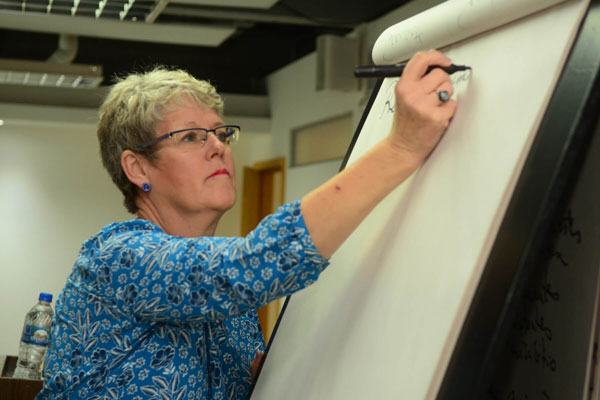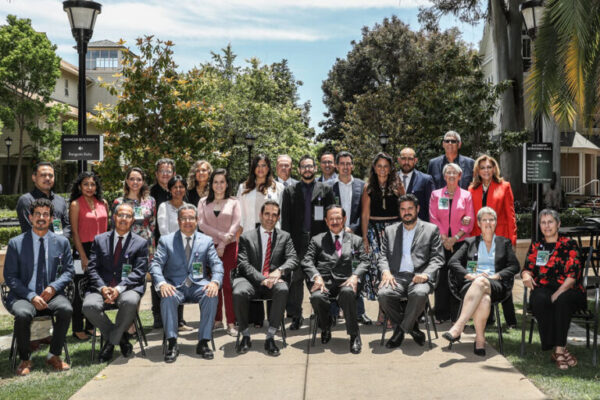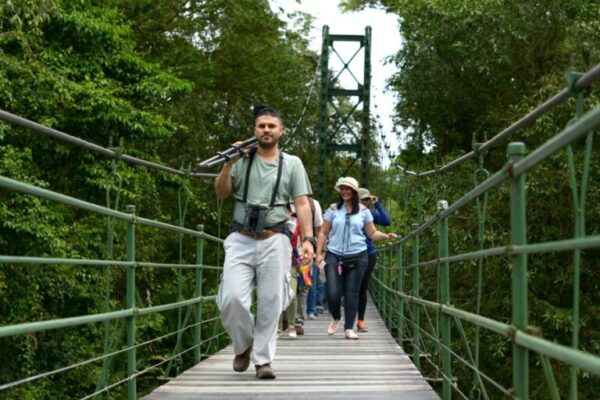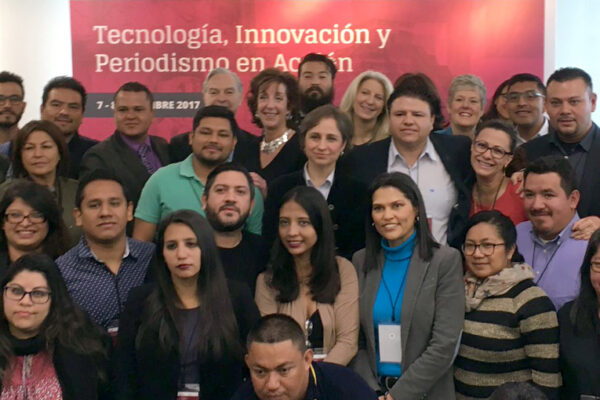
Jack F. Ealy Science Journalism Workshop in San Francisco underscores need for regional science journalism network

SAN FRANCISCO, Calif. – The 2017 Latin America edition of the Jack F. Ealy Science Journalism Workshop sparked a commitment by more than 70 journalists from 15 countries to begin building a regional science journalism network.
The need for a network, which has long been a priority for workshop organizers Fundación Ealy Ortiz A.C. of México City and InquireFirst of San Diego, Calif., was underscored by seasoned science journalists who are looking beyond their borders to cover regional science, public health and environmental issues.
As global issues such as climate change, Zika virus and water shortages increasingly dominate the news, Latin American and Caribbean journalists agreed that their stories would be strengthened by collaboration across international borders to provide audiences a regional perspective.
InquireFirst and Fundación Ealy Ortiz A.C. organized and directed the 2017 Latin American edition of the Jack F. Ealy Science Journalism Workshop on October 25, 2017, in San Francisco, Calif., in collaboration with the World Conference of Science Journalists (WCSJ).
The 2017 international science journalism forum marked the first time the WCSJ held its biennial conference in the United States. Almost 1,400 science journalists from 70 countries attended the Oct. 26-30 WCSJ conference.
During the Ealy workshop, Ivan Carrillo, anchor of the Los Observadores program on México ’s TV Azteca and frequent contributor to National Geographic, discussed the need for a regional network with fellow panelists Valeria Román, cofounder of the Science Journalists Network of Argentina; Emiliano Rodríguez Mega, independent science journalist in México who is studying for a master’s degree in science journalism in New York; and Luisa Massarani, of Brazil, the Latin America and Caribbean coordinator for SciDev.Net.
In another session, reporters and editors participated in an interactive session on mining hidden science stories led by science journalists Debbie Ponchner of Costa Rica and Federico Kukso of Argentina.
Journalists discussed separating scientific fact from fiction during a panel moderated by Lynne Friedmann, editor of ScienceWriters magazine. Friedmann was joined on the panel by Nora Bar, science editor at La Nación in Argentina, and science and environment writer Mariana León, with El Financiero Bloomberg in México City.
In a panel moderated by InquireFirst Executive Director Lynne Walker, Mexican freelance journalist Sergio Vicke and Fundación Ealy Ortiz Director Enrique Bustamante discussed sustainable economic models for online science journalism organizations.
During a luncheon presentation sponsored by the Gordon and Betty Moore Foundation, three prominent conservation scientists — Rob Wallace, Nuria Bernal Hoverud and James Aparicio — talked about their work at Identidad Madidi in Bolivia to explore and demonstrate the biodiversity in the South American country.
As part of this year’s Jack F. Ealy workshop, 15 science journalists received Ealy fellowships to attend the San Francisco workshop and the WCSJ. The journalists are working at media organizations in México , Costa Rica, Colombia, Perú, Bolivia, Uruguay, Chile and Jamaica.
Fundación Ealy Ortiz A.C. is a nonprofit organization founded in 2004 by Juan Francisco Ealy Ortiz, publisher and owner of the daily newspaper El Universal in México . Since its inception, the Fundación has awarded more than 1,500 scholarships to journalists at more than 500 news organizations in Latin America to attend workshops the organization has conducted in Latin America, Europe and the United States.
A special thanks to our sponsor

